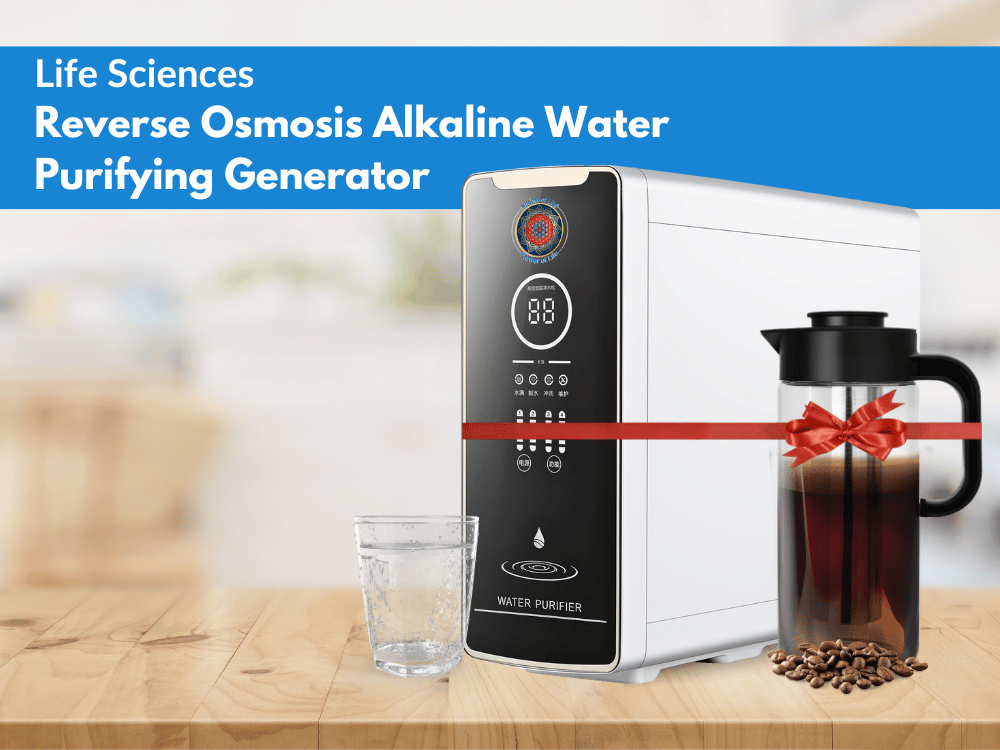In a recent groundbreaking study, the United States Geological Survey (USGS) conducted an extensive examination of tap water across the nation, aiming to identify the presence of contaminants, particularly "forever chemicals." This study represents the largest of its kind, shedding light on the quality of drinking water in both urban and rural areas throughout the United States.

Key Findings
The USGS study findings are alarming yet crucial for public awareness. Despite the water source-public or private-the study revealed ubiquitous chemicals in tap water. Remarkably, an estimated 75% of urban tap water and 25% of rural tap water samples contained these toxic chemicals, highlighting the widespread nature of the issue.
Regional Insights
While contamination levels varied across the country, certain regions showed particularly concerning results. Notably, New Jersey emerged as one of the worst affected areas, underscoring the need for targeted interventions to address water quality challenges in specific locales.
With over 200 million Americans potentially exposed to toxic chemicals through their drinking water, the implications for public health are profound. Chronic exposure to such contaminants poses serious risks, including adverse effects on human health ranging from reproductive issues to cancer.

Mitigation Strategies
In response to these findings, proactive measures must be taken to safeguard public health and mitigate the risks associated with contaminated tap water. One effective solution is the adoption of water filtration systems, such as the System. This Life Sciences™ Alkaline water filtration technology ensures the removal of harmful chemicals but also provides a sustainable and long-lasting over 40 health benefits for your Family.
Activated carbon filtration and reverse osmosis systems represent two widely employed methods for eliminating PFAS contaminants.
The Role of Individual Responsibility
While governmental agencies play a crucial role in regulating water quality, individual responsibility cannot be overstated. By investing in reliable water filtration systems for daily use, individuals can protect themselves and their families from health hazards associated with contaminated tap water.
Life sciences™ Alkaline Water System:

The Life Sciences™ Hydrogen Alkaline Bio Energy Water System is a state-of-the-art 5-stage filtration system that ensures clean and safe drinking water by removing impurities and enhancing water quality. With features like pH enhancement, antioxidant infusion, and a Free Bonus Borosilicate Glass Pitcher with multiple uses for making coffee, tea, herb and also fruit infused alkaline beverages.
Backed by a lifetime warranty, it offers a comprehensive and reliable solution for high-quality water purification "Manufacturer to You" Discount Pricing at only $297. The difference between this unit is its activated carbon filter that reduces scale buildup in pipelines. Learn More

Introducing the Life Sciences™ Reverse Osmosis Alkaline Water Purifying Generator, a state-of-the-art system that redefines water purification this premium-quality, tankless technology-driven device removes up to 98% of contaminants, delivering mineralized alkaline water with over 40 health benefits.
The five specialized filters ensure the removal of chlorine byproducts and heavy metals while adjusting the water's pH to a basic level of up to 8 or 9. Backed by a lifetime warranty, the system also includes a bonus Borosilicate Glass Water Pitcher with Infuser, featuring the powerful "Flower of Life" symbol. Learn More
Our commitment to quality meets value, making this investment not just a purchase but a choice that resonates with excellence. Purchase now to transform your water into a source of purity, alkalinity, and enduring quality. All this for only $597 – discover our low “Manufacturer to You Pricing” Click here to learn more and make the best investment in your health.
Conclusion
The USGS study serves as a wake-up call, highlighting the pervasive presence of toxic chemicals in tap water across the United States. By understanding the findings of this study and taking proactive measures to address water quality concerns, we can collectively work towards ensuring access to safe and clean drinking water for all.

